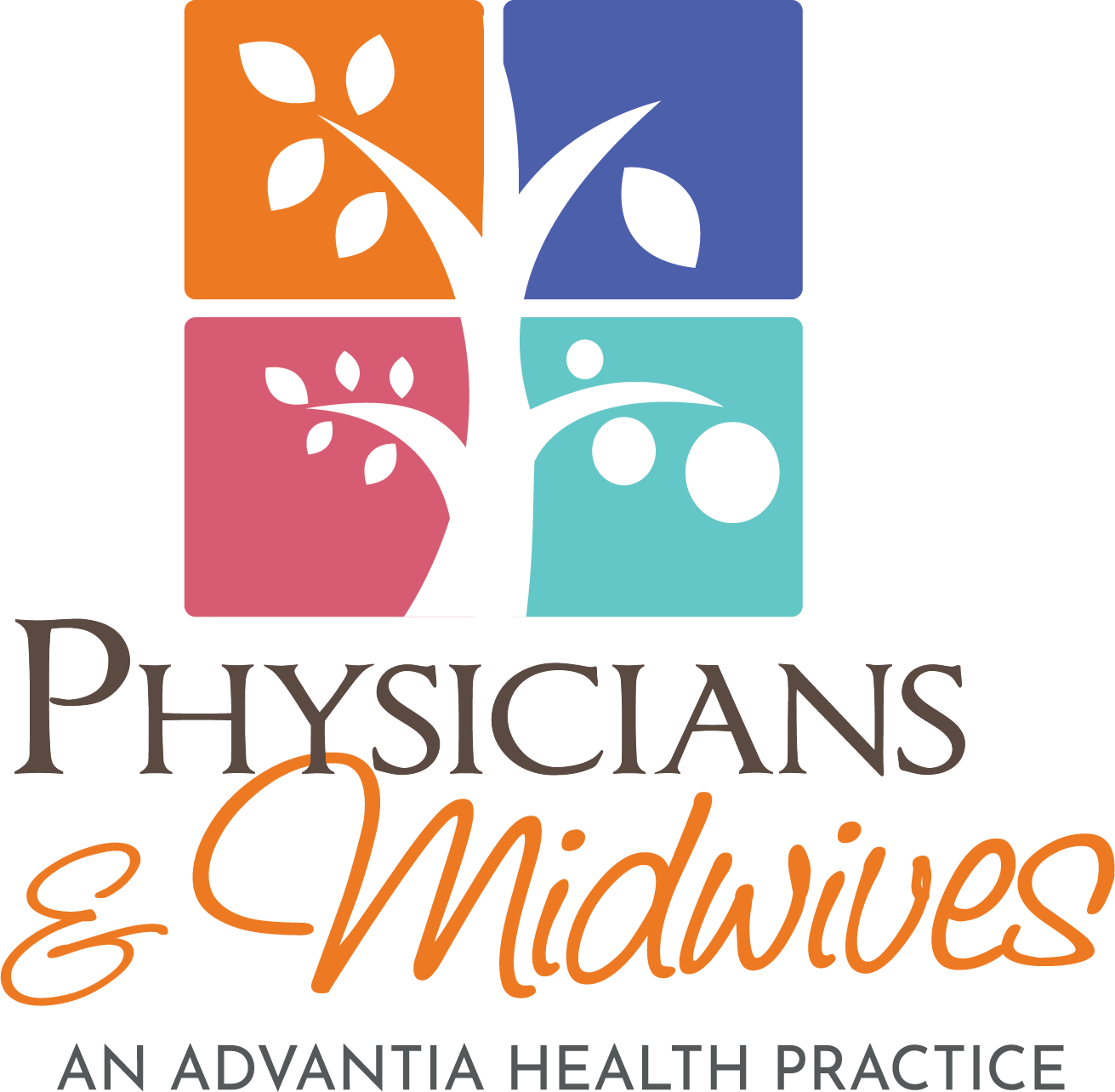
Once a year exam time comes around fast and I don’t necessarily look forward to my gynecology (gyn) or well-woman annual exam, but then I also do feel much better and have peace of mind, once I complete this visit.
Why go for the gyn exam?
The annual exam is like getting an annual mammography for breast cancer. Your healthcare provider identifies and deals with any health problems detected. Going once a year helps us build a relationship with our healthcare professional so we are more likely to discuss sensitive health problems.
You need to continue to visit your healthcare provider once a year to check for other woman’s health problems; even though, the US Preventive Services Task Force (who sets all the preventive health activities like vaccinations, well-baby checks and annual physical exams) no longer requires a Pap smear once a year.
Does my age determine the type of annual visit?
The medical organizations over women’s health recommend mothers bring in their teenage daughters between the ages of 13 to 15 years for their first visit. This visit helps to establish a relationship with the healthcare professional and to discussion preventive health care (e.g., menstruation, pregnancy prevention, sexually transmitted diseases and healthy eating).
The annual breast exam and abdominal assessment starts at age 19. The annually occurring pelvic exam and Pap test begins at age 21. The once a year Pap test continues until age 30.
Once a woman reaches 30 years, the annual check-up occurs, but the Pap test can change to every 2 years as long as the woman shows normal Pap results. When a woman possesses a higher risk for certain diseases of the reproductive system, the frequency of the visit scan be more often.
What can you expect at your woman’s health visit?
Health history: Just like any other doctor’s office visit, you usually fill out a form listing down your health history. The healthcare provider wants to know about your past illnesses, chronic health problems (e.g., high blood pressure, diabetes, and high cholesterol), surgeries, hospitalizations, medications, your menstrual cycle, menstrual problems or discharge and the number of children you gave birth to. The form also asks your current practice with tobacco, alcohol or other substance use. Some offices also ask about your vaccination or disease histories that include the flu shot, Hepatitis A and B, human papillomavirus (HPV) and the measles.
Physical exam: An assistant normally takes your height, weight, temperature, blood pressure and heart rate. The healthcare professional checks the breast for any abnormal lumps or changes.
The gyn exam consists of an outside look at your female parts, a look inside your vagina and cervix (opening to your womb or uterus) with a small plastic device called a speculum. With the speculum in place, the provider uses a thin, wooden popsicle-type stick to swab the cervix for the Pap tests. The Pap test picks up any abnormal cells and allows early treatment before cancer can occur. After the inside look or Pap test, your provider will place a couple of fingers inside your vagina and the other on top of your abdominal to feel for your ovaries and tenderness.
What do I get out of it?
Unfortunately, only 17% of US women obtain a yearly visit with their female health doctors. These women going in for annual exams benefit by obtaining needed tests and other services. These visits also sometime lead to discovery of cancer or other problems. Of course, the greatest benefit comes when a woman exhibits menstrual disorders, vaginal discharge, infertility, pelvic pain and menopausal problems (e.g., abnormal bleeding or vaginal dryness).
When making your annual visit, getting your issues discussed represents a benefit to you. Some issues to discuss include:
- My husband found a lump in my breast.
- During sex, I have pain.
- The pain gets so severe during my period, I miss school.
- My mom and sister both had cancer in their uterus.
- I sometimes leak before I can get to the bathroom.
- I get frequent urinary tract infections.
- I am bleeding more during my periods.
- My girlfriend had no symptoms and the doctor found chlamydia.
So, you can benefit greatly by making an appointment for your annual woman’s health exam.
The life it benefits is your own!
Physicians and Midwives, an Advantia Health Practice
Physicians and Midwives is a unique collaborative practice you won’t find anywhere else. We have 5 offices for your convenience all across Northern Virginia, including Alexandria, North Arlington, Mt. Vernon, Kingstowne, and Woodbridge. If you would like to be listened to, as well as cared for, then look no further.

